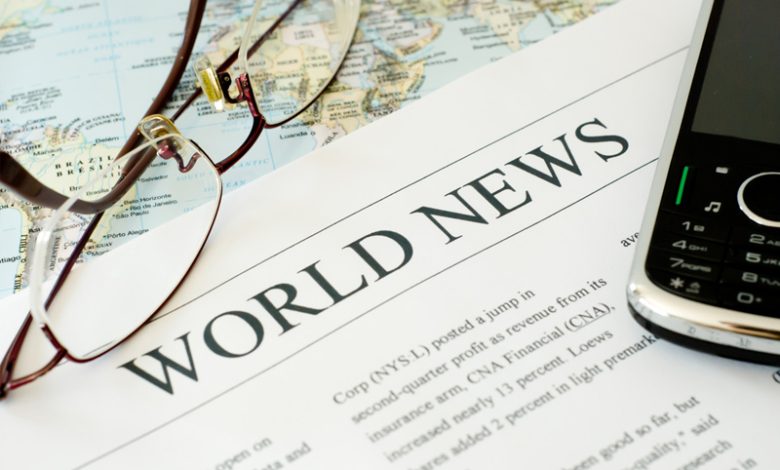
Scholz Aims to Strengthen Support for Ukraine and NATO During US Visit, Reports Reuters
By Sarah Marsh and Andreas Rinke
BERLIN – German Chancellor Olaf Scholz will emphasize Europe’s support for Ukraine in its fight against the Russian invasion during his upcoming trip to Washington, according to government officials on Tuesday. This visit appears aimed at reinforcing diminishing support for Kyiv in the United States.
Scholz is scheduled to dine with U.S. lawmakers upon his arrival on Thursday evening. On Friday, he will have breakfast with U.S. business leaders before engaging in one-on-one discussions with President Joe Biden. Their talks will primarily focus on Ukraine, NATO, and the ongoing Israel-Gaza conflict.
This visit comes at a time of uncertainty regarding U.S. assistance for Ukraine, especially with Congress stalled over President Biden’s urgent request for an additional $61 billion in support. Republican lawmakers are insisting that this funding be linked to unrelated immigration policy changes.
During his trip, Scholz is expected to provide an update on European aid efforts, including Germany’s bilateral military assistance, which has reached approximately $30 billion since the war began nearly two years ago. Germany has transitioned from hesitance in supplying military aid—rooted in its pacifistic societal attitudes shaped by its tumultuous 20th-century history—to becoming the second largest supporter of Ukraine following the United States.
"It is crucial for the chancellor that all nations contribute to the support for Ukraine," an official stated, highlighting the importance of close transatlantic coordination in this matter.
Scholz will also aim to discuss NATO’s future with Biden, particularly in anticipation of the alliance’s summit in Washington this July, which will celebrate its 75th anniversary.
"This summit should signal NATO’s determination and capability to deter and defend, both now and in the future," declared an official.
There are concerns that a potential re-election of former President Donald Trump could undermine NATO’s unity. Trump had previously criticized countries like Germany for not meeting their NATO commitments, such as the goal of spending 2 percent of their economic output on defense—a target Berlin is set to achieve this year, spurred by the changes necessitated by the Ukraine war.
"It’s important for the chancellor to communicate to the American public and his counterparts that we are committed to a stronger European presence within NATO," the official added.
Scholz is not expected to meet Trump during his visit, nor will there be a press conference.
On issues related to Israel, Scholz is likely to discuss with Biden how both countries can diplomatically work towards facilitating a two-state solution.
 GOOGL
GOOGL  META
META 

